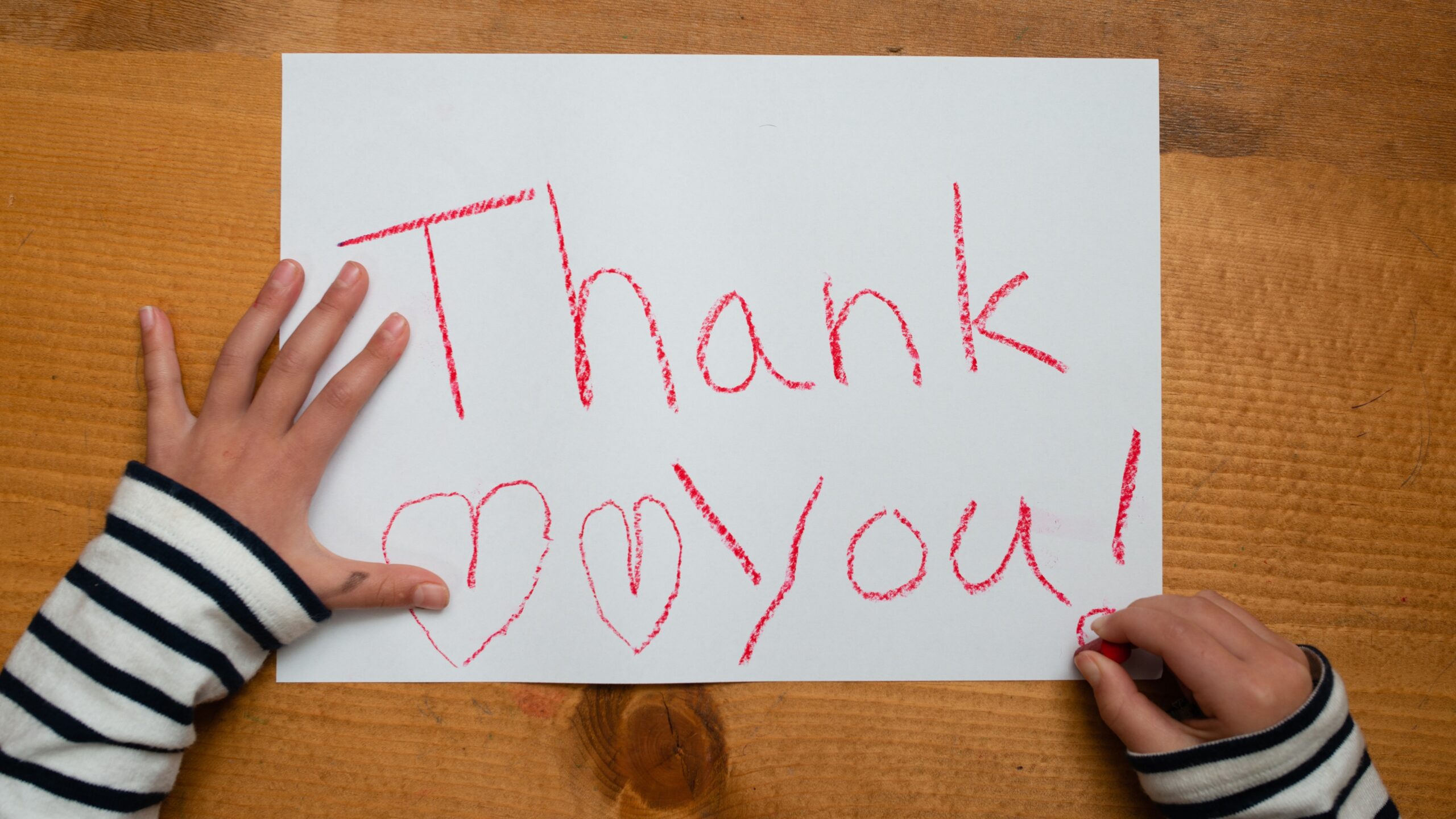
Gratitude is a habit that we must foster in ourselves and in our children. It is an important value that teaches us to appreciate life and all the good in it. It is a way to focus on what we have, on who we are, and what we have achieved. What we need to take into account is that our children must develop this habit out of conviction and not out of obligation. The act of saying "thank you" should not be done simply because it's considered good manners—it doesn't work that way. When your child is grateful, he is being empathetic and is validating the efforts of others and also acknowledging what life has given him.
More from MamásLatinas: Apps that can help your kids learn math and science at an early age
With the passage of time and continued practice of gratitude, your children can internalize this ability as a permanent feeling. They will understand that everything in life has something of value to offer, and they will learn to approach everything in life from that viewpoint, including the less pleasant experiences. When your children learn to face life with a positive attitude, even in the face of adversity, they will be practicing gratitude, since they will find learning in each experience. So it's worth showing them this way, don't you think?
Let them see how you show your gratitude for life and for the people in it and explain why.

It is not only about them hearing you say the word "thank you," but explaining why and for what you do it. Yes, they can imitate the behavior, but it is also important that they understand the reason why you do it. So if they see you saying thank you to a friend for the fact that she brought you a dessert, or if they see you thanking the food delivery person or they see you thanking the person who helps you with your groceries, it is important that you explain the meaning of the action to them.
Teach them to value what they have and to be grateful by instilling in them the culture of effort.
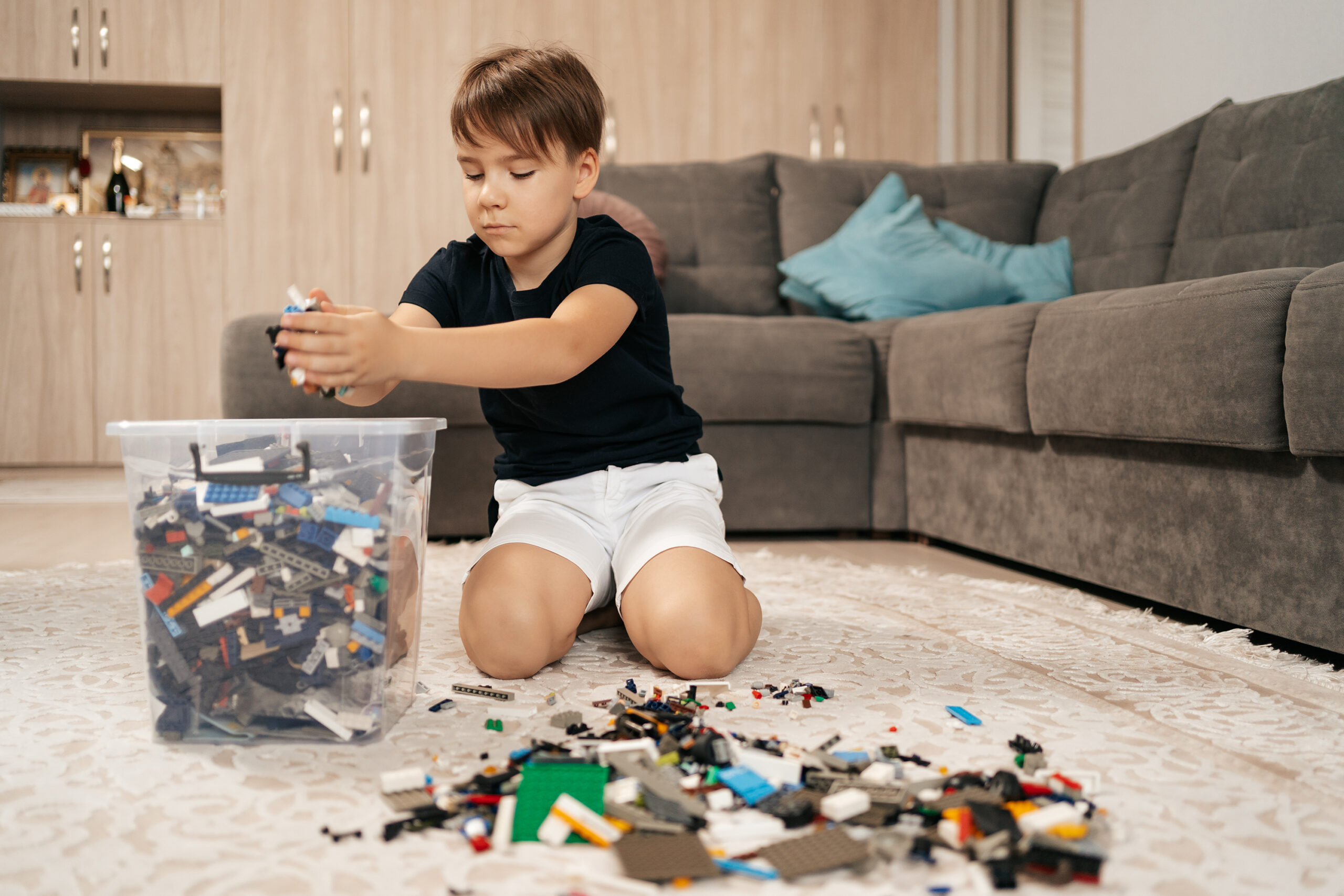
For your children to understand why they should appreciate the efforts of others toward them, it is important that they live the concept in an experiential way. Things have a value when an effort is made to obtain them, so it is essential that you do not give them absolutely everything without them making a small effort to obtain it. Many times in our desire to give them the best, we prevent them from doing what is in their power to achieve it.
It is important that they are reciprocal—a way of saying 'thank you' with an act.

When your child reciprocates, it is because he understands his needs and knows how to ask for what he requires, but he is also aware of the needs of those around him and knows how to support what others need. It is not about returning a favor, it is about internalizing the idea that we all need everyone and that one way to be grateful is to be able to understand and support those who at some point understood and supported us. Consider it part of their social skills.
Teach your children to value the things they take for granted as part of life.

It is important that it be a constructive dialogue that leads to true reflection. This can be achieved through a book, a true story, or a film that portrays situations or characters that lack what she has—everyday items that she might not have if you were in other circumstances, like having a home, having food and water, electricity, or internet. In this way, when seeing it reflected in a story, she could imagine how she would feel if she were in that situation.
Have a discussion at dinner of all the good things that happened to you that day.

Talking about good things does not always mean talking about things that provide comfort or that invite you to a comfort zone. Talk as a family about what you learned that day, even if it was a lesson that came from something uncomfortable. The family members can also talk about the nice things that happened, like seeing someone they love or having a lot of fun in an activity.
Show them your gratitude to them, so they will know you value their efforts and they will learn to value yours.

You can write a little note and put it under their plate at breakfast, or you can leave a little chocolate every now and then on their pillow, wrapped in a little message of gratitude, or you can write something cute in their school colors. The important thing is that each message is of gratitude, for example: thank you for making me smile, or thank you for the help you gave me with …, or thank you for always supporting me in ….
Let them know when it is important for them to say 'thank you' and explain why.

As we explained earlier, there are many things that our children take for granted and it is difficult for them to understand the effort it takes to provide them. For example, something that you buy them because they need it for school, the fact that you help them clean their room, or even the food that you prepare. It can become so routine that they forget to say the magic word. It is important that you explain the importance of doing it, not as a reminder of the word, but as a reminder that these are actions that you do for them.
Teach them empathy and assertive communication, especially when they receive something they don't like.
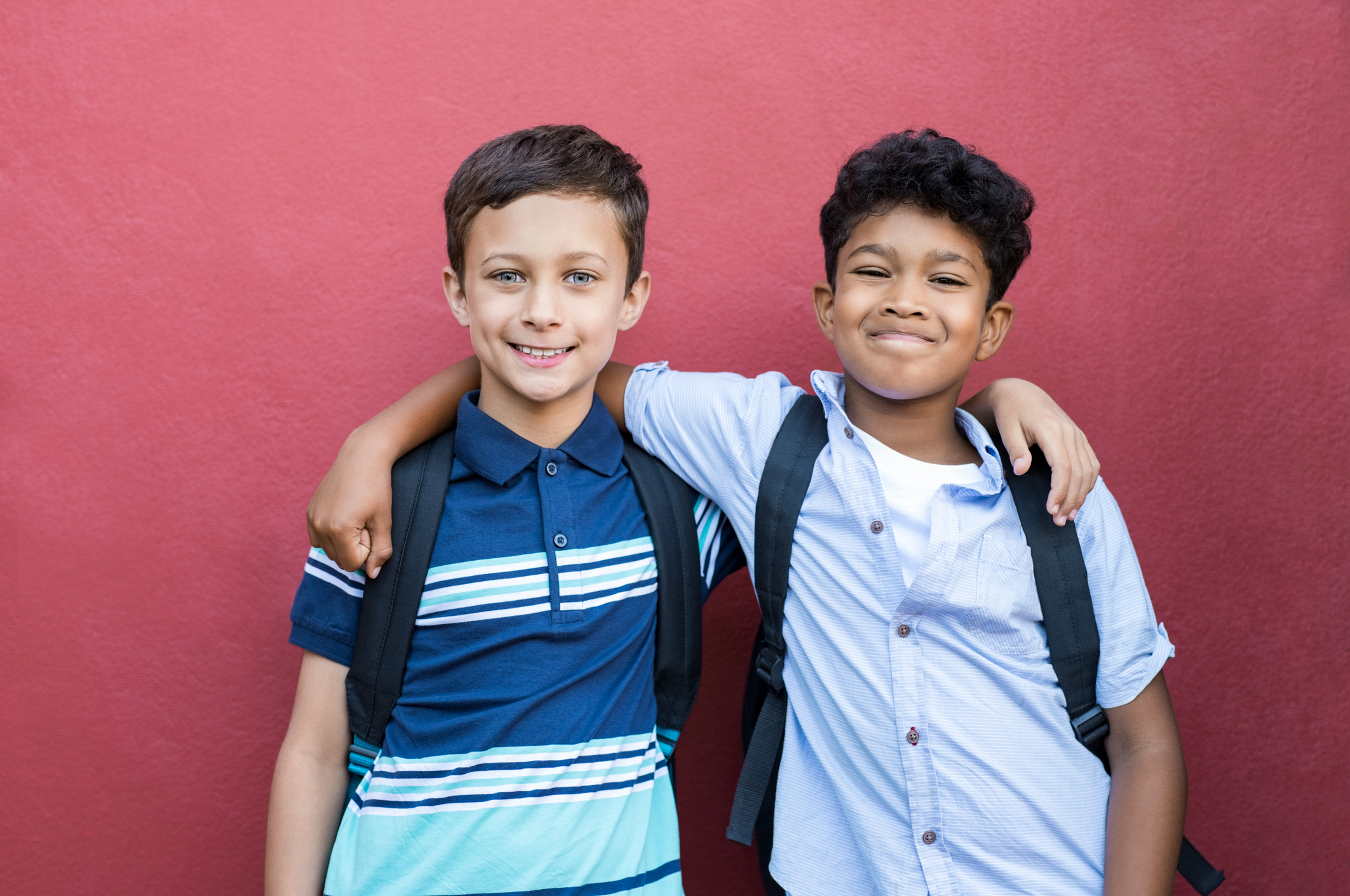
It does not mean that your children should over adapt to a situation or put up with things that make them unhappy in order not to make others feel bad. On the contrary, it is a way of asking them to always be honest with themselves and with others but to do so in an empathetic and kind way. They can express when they don't like something by being thankful. For example: "Thank you for inviting me to go climbing. I like that you take me into account, but I am afraid of heights and I prefer not to go."
It is important for them to be clear about what they need without acting like small tyrants or despots.
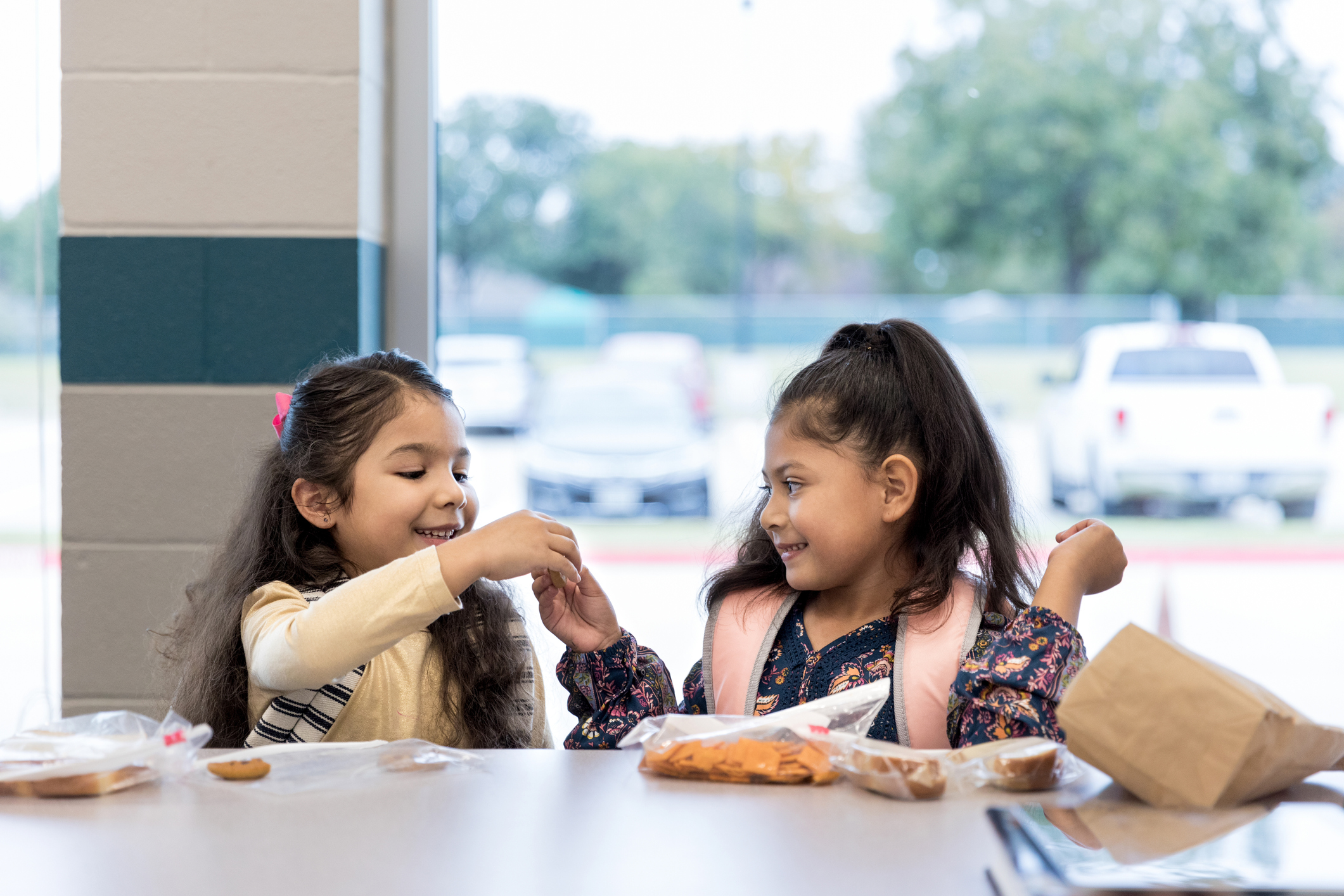
Your children can express when they do not like something or do not feel like it and they do not need to accept something that they do not like or that makes them uncomfortable or afraid just for the sake of being polite to others. But that does not mean that they can be rude or mean about what they say or how they say it. They can say: "Thank you for giving me the strawberry popsicle, but I will not be able to eat it because I'm allergic to strawberries. Maybe we can swap flavors."
Teach them to say thank you, even if they don't get the same respect from the person they are thanking.
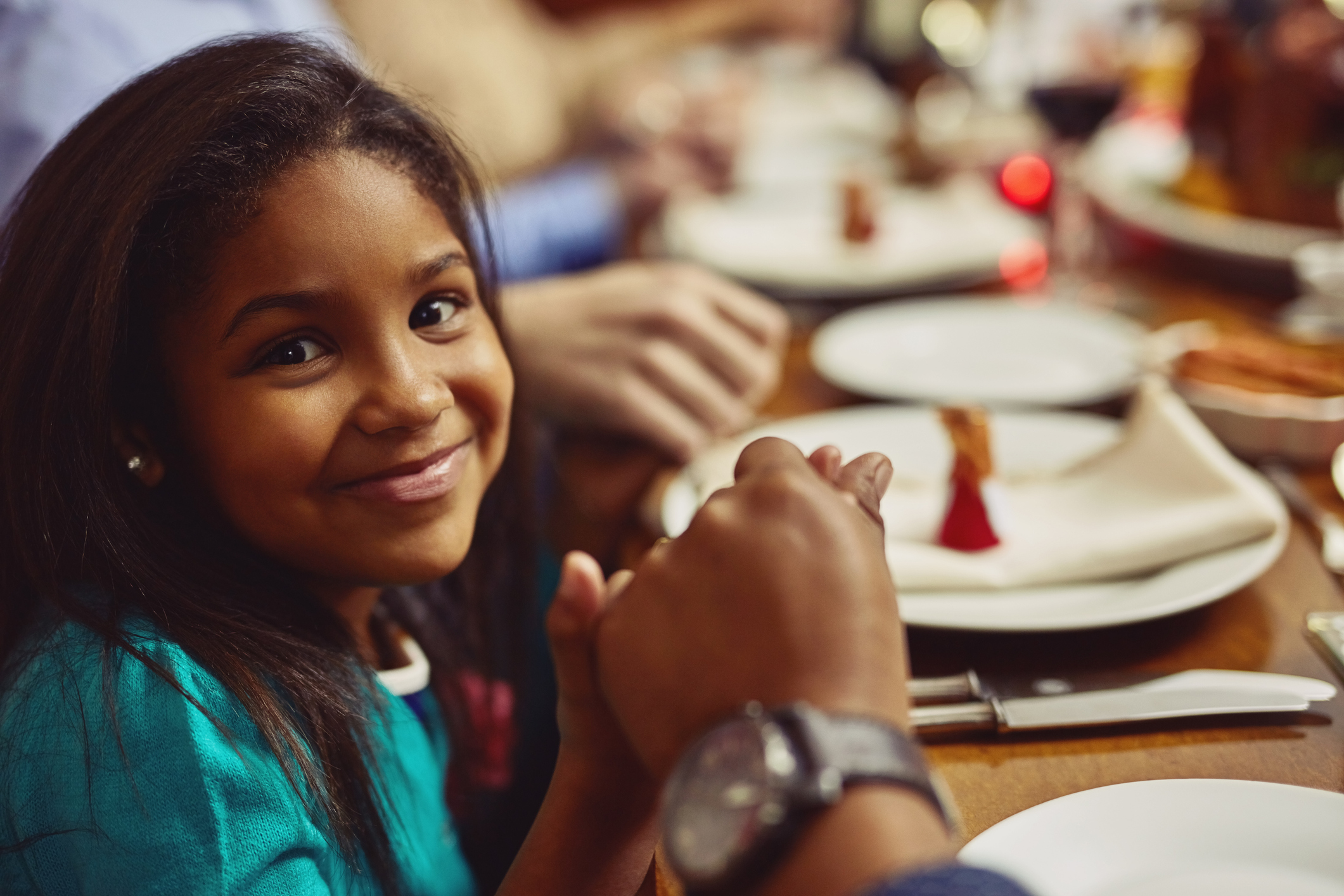
This can help prevent their behavior from becoming retalitory. Your children should know that even if they do not receive the gratitude of others, they should not change their values or good habits and get drawn into a power struggle. In this way, they will know that gratitude has nothing to do with how others act and that it is a value that is inherent in them, even if others do not respond in the same way.
It is important you encourage the habit of altruistic actions.
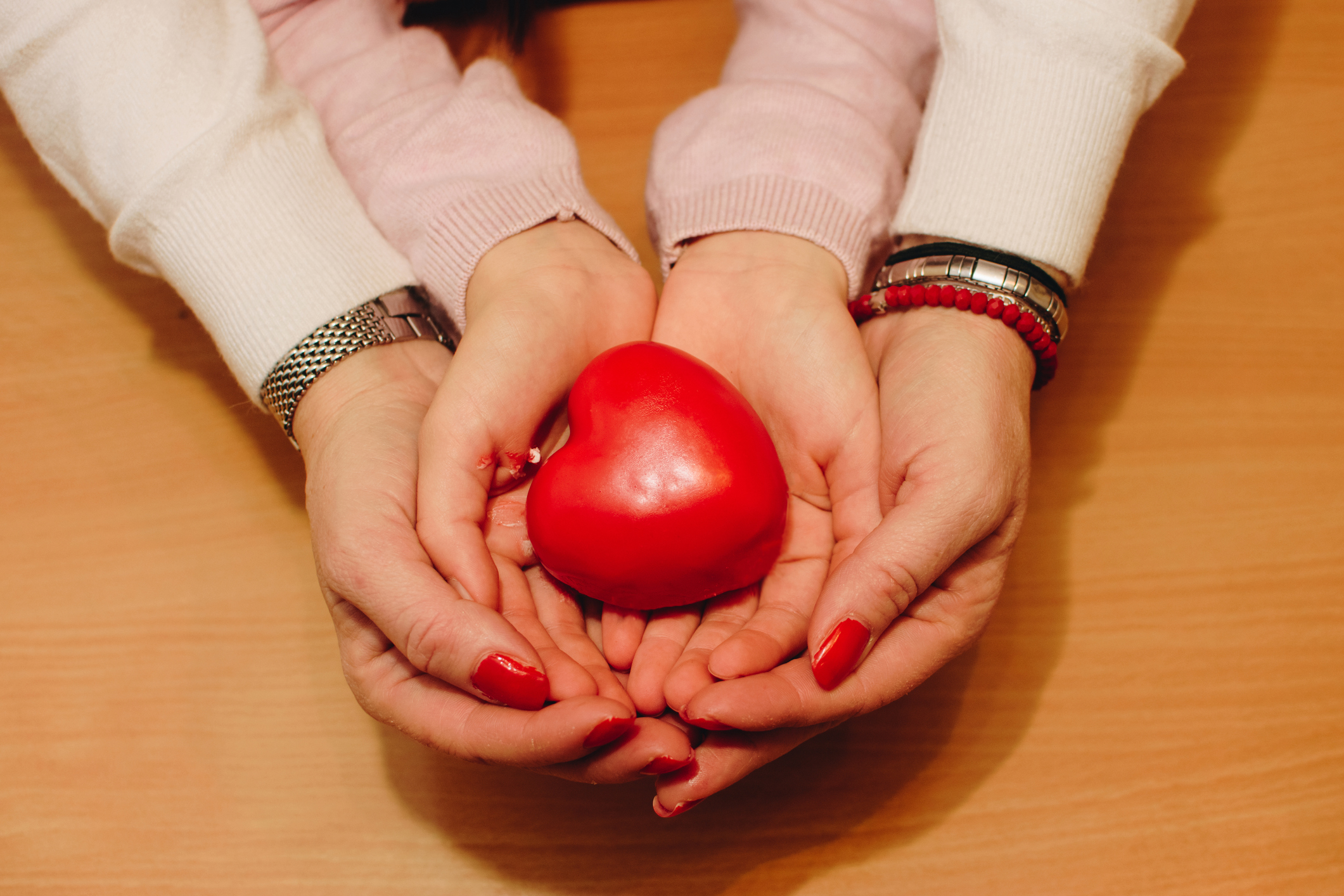
You must be careful that your children don't start to feel privileged, because that would place them above the person they are helping. The desire to help must come from the idea of one human helping another. In this way, if they give away the clothes that they no longer wear or perform another charitable act, they will know that it is a way of showing gratitude for what they do have and supporting others in a kind exchange: "I help you and maybe one day you will help me, too."
Develop their ability to enjoy the present as a way of being thankful.
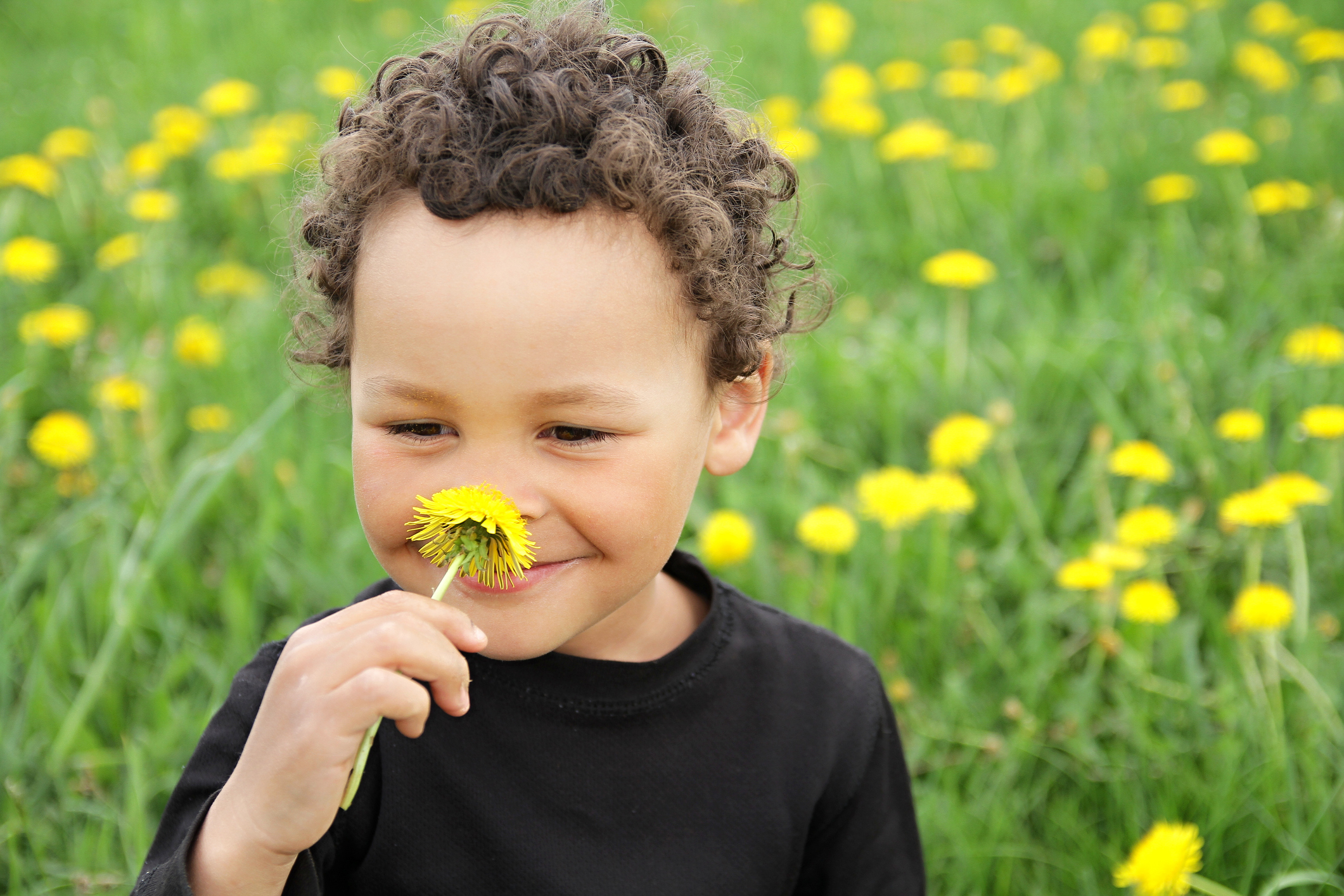
Going for a walk, seeing the first ray of the sun, connecting with the senses, seeing the colors, helping them preserve their capacity for wonder, are many of the ways you can encourage your children to connect with the present. For children who have the ability to enjoy everything they do, to play and feel free to be themselves, ask them to take a moment to express their thanks for the opportunity to see, feel, smell, and hear everything that surrounds them.
Write a letter of gratitude each month.

This is a nice exercise for children to reinforce the importance of being grateful to others each month. Have the child choose a person he wants thank for teaching him something, someone who did something admirable, or someone who simply spent time with him. There can be many reasons to be thankful, but the important thing is that the child knows how to express it with pencil and paper, either with words or with a drawing.
Make a family collage with photos that represent all that you are thankful for.

This is an exercise for a family afternoon where everyone can choose photos or images that represent the best moments that they have spent as a family and with their friends, or with other people who are important to them. Everyone can contribute the photos that represent and explain that feeling of gratitude.
At least once a week, everyone should compliment each other before dinner.

This is important to foster the ability to recognize others and to develop empathy and humility. If everyone comes up with a compliment that describes a positive trait of each person, expressing a "thank you for being …" it is something that will foster everyone's capacity to see the best in people instead of focusing only on the negative.

